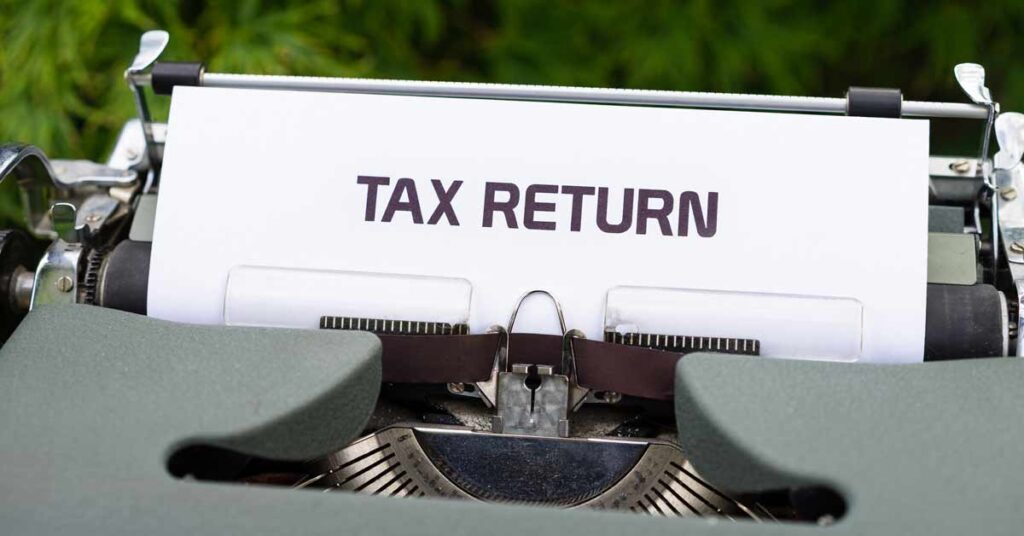Part of being a property investor is dealing with administrative tasks, such as tax. If you are considering buying an investment property, you need to get your head around the tax implications.
Tax on rental income
If you’re renting out a property, the income you receive is taxable. The Australian Taxation Office (ATO) requires that you disclose all rent and rent-related income in your tax return – whether paid to you or an agent / property manager.
Rent-related income can include letting and booking fees, payment from a tenant for repairs to the property, or bond money you become entitled to keep. It’s important to keep financial records of all income and expenditure to make life easier when tax time rolls around.
Deductions you can claim on an investment property
To lower your tax amount, there are some deductions you can claim when you own a rental property.
1. Interest on your investment loan
The interest on your investment loan for the year, plus any bank fees for servicing that loan, are tax-deductible. You can’t, however, claim your repayments on the principal sum.
2. Repairs and maintenance
Maintenance and repairs costs can be claimed if it is due to wear and tear and not a home improvement. Note that you can only claim for repairs and maintenance conducted during periods when the property was rented or genuinely available for rent.
3. Depreciation
You may be able to claim depreciation on new assets that are separately identifiable, not part of the structure of the building and not likely to be permanent (such as air conditioning systems). These rules can be complex, so it’s best you speak to a tax professional or a quantity surveyor.
4. Advertising costs
You usually have to advertise to find tenants. These advertising costs are tax-deductible.
5. Property management costs
Managing an investment property can rack up a lot of costs. You can claim back some of those costs, such as:
- Body corporate and strata fees
- Cleaning costs
- Garden maintenance
- Council rates
- Water supply charges
If you use a property manager to oversee the management of the property, you can claim for the agent fees and commissions.
6. Losses on negatively geared properties
Positive-cashflow properties bring in a rental income that covers the property’s running costs and turns a profit. Negatively geared properties operate at a loss (i.e. the rent doesn’t cover the property’s expenses). But there is one benefit – you can deduct the loss from your taxable income.
How capital gains tax applies to investment properties
Should you sell your investment property, you’ll be expected to pay capital gains tax (CGT). However, there are ways to reduce or qualify for exemption from capital gains tax.
If you hold an investment property for more than 12 months, you are eligible for a 50% reduction on your capital gains tax. If you lived in the property for the first six months after purchasing it and rented it out later, you may be exempt from paying CGT.
NOTE: This article contains general information, but should not be regarded as tax advice. Please see a tax professional if you’d like advice about your specific situation.







